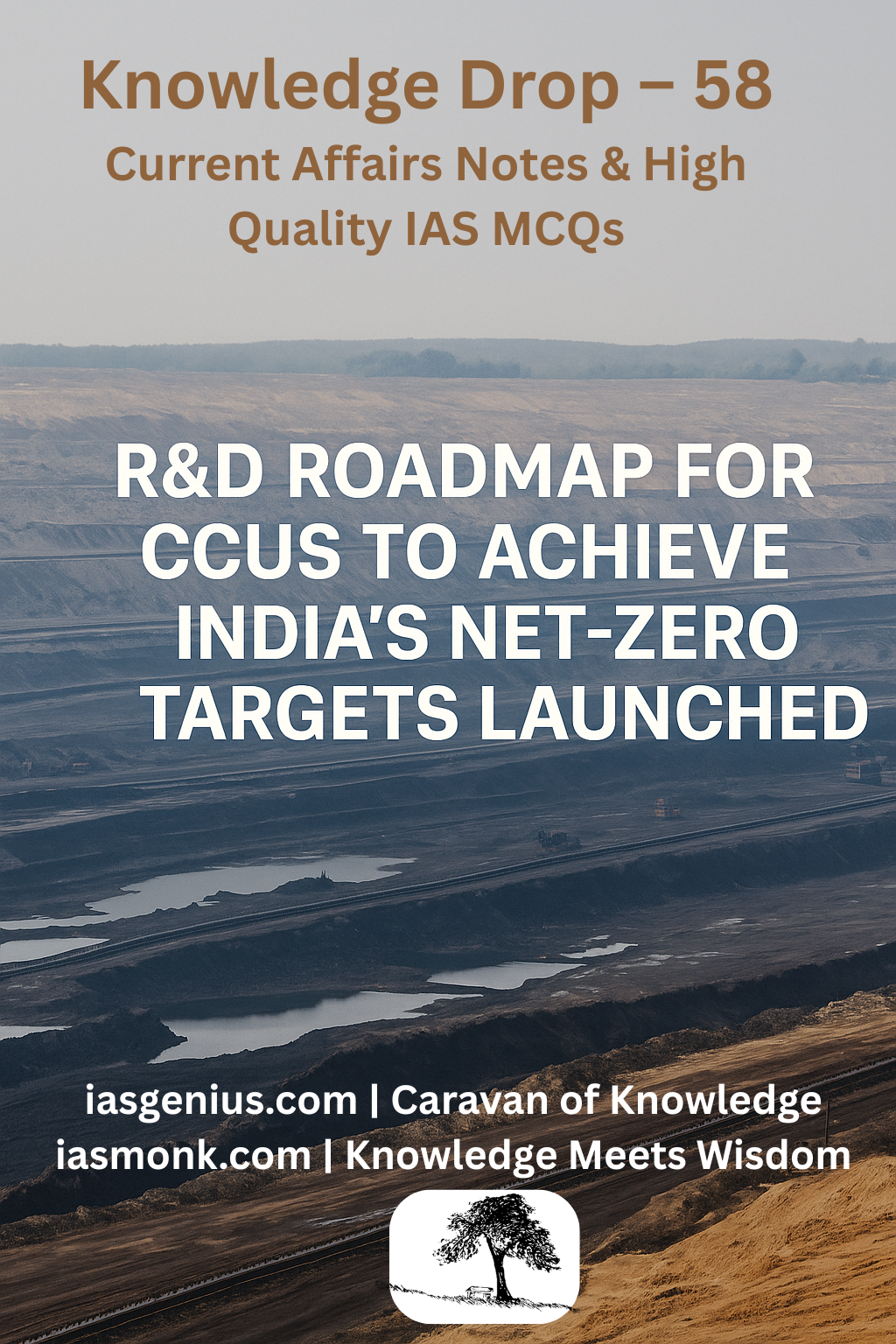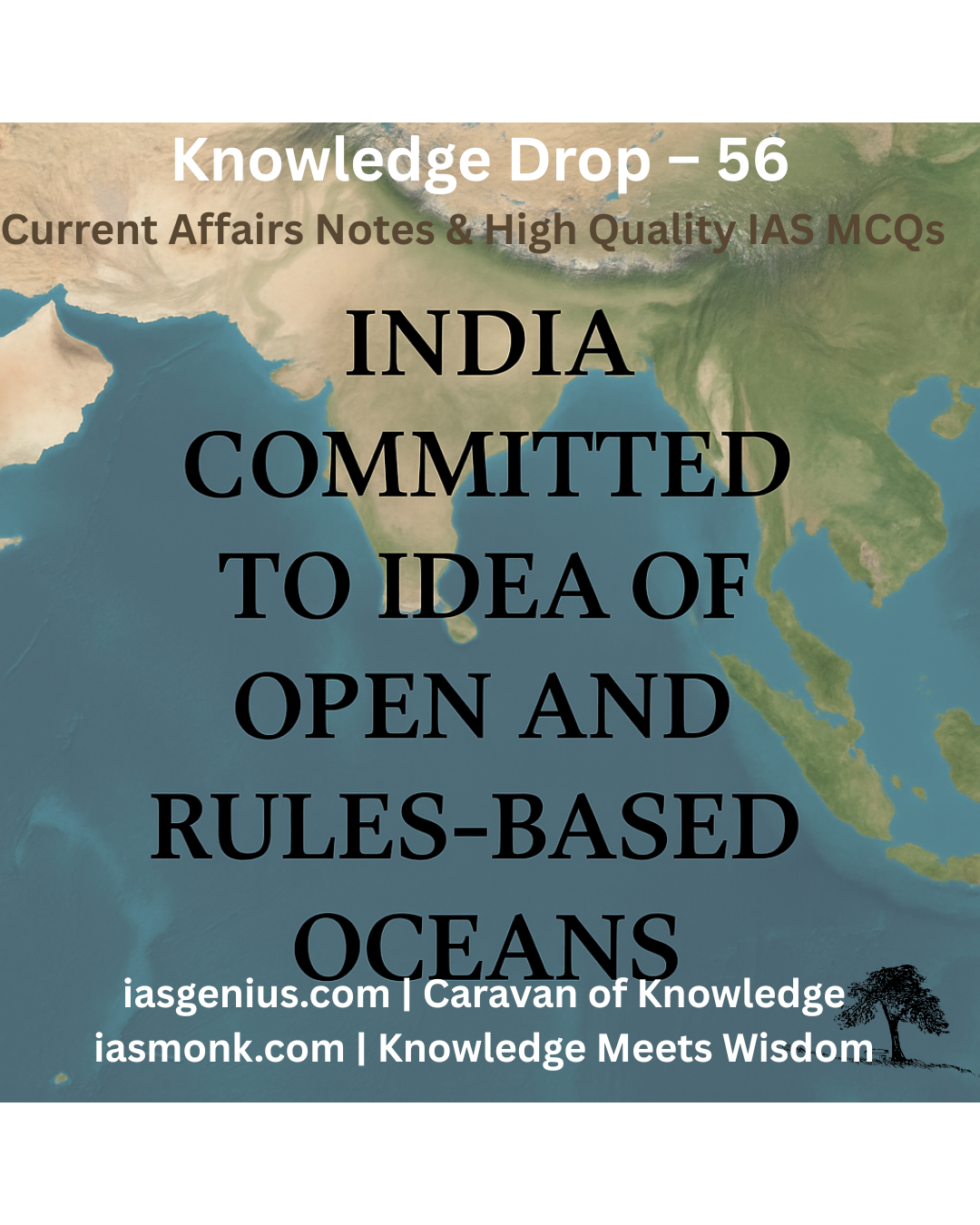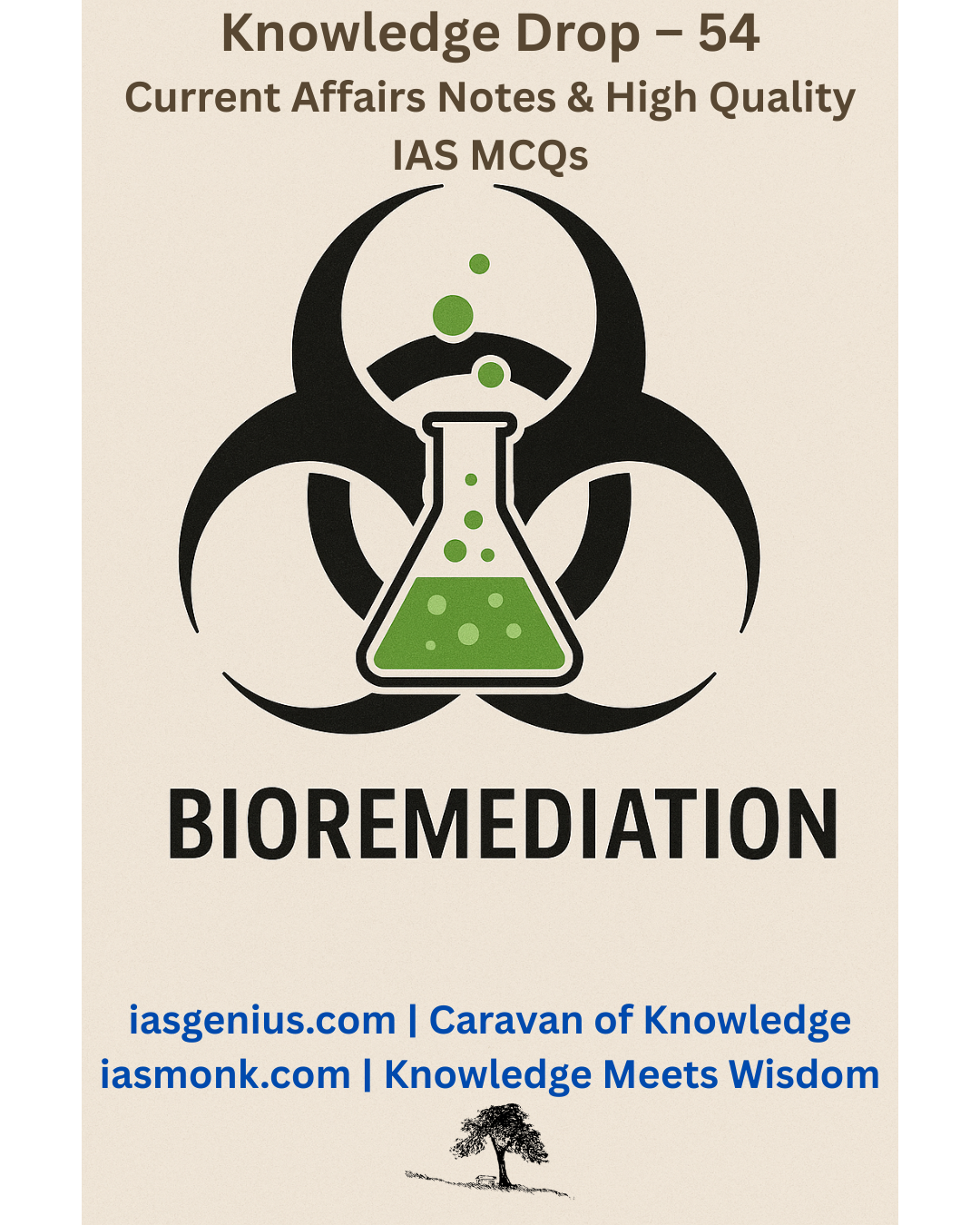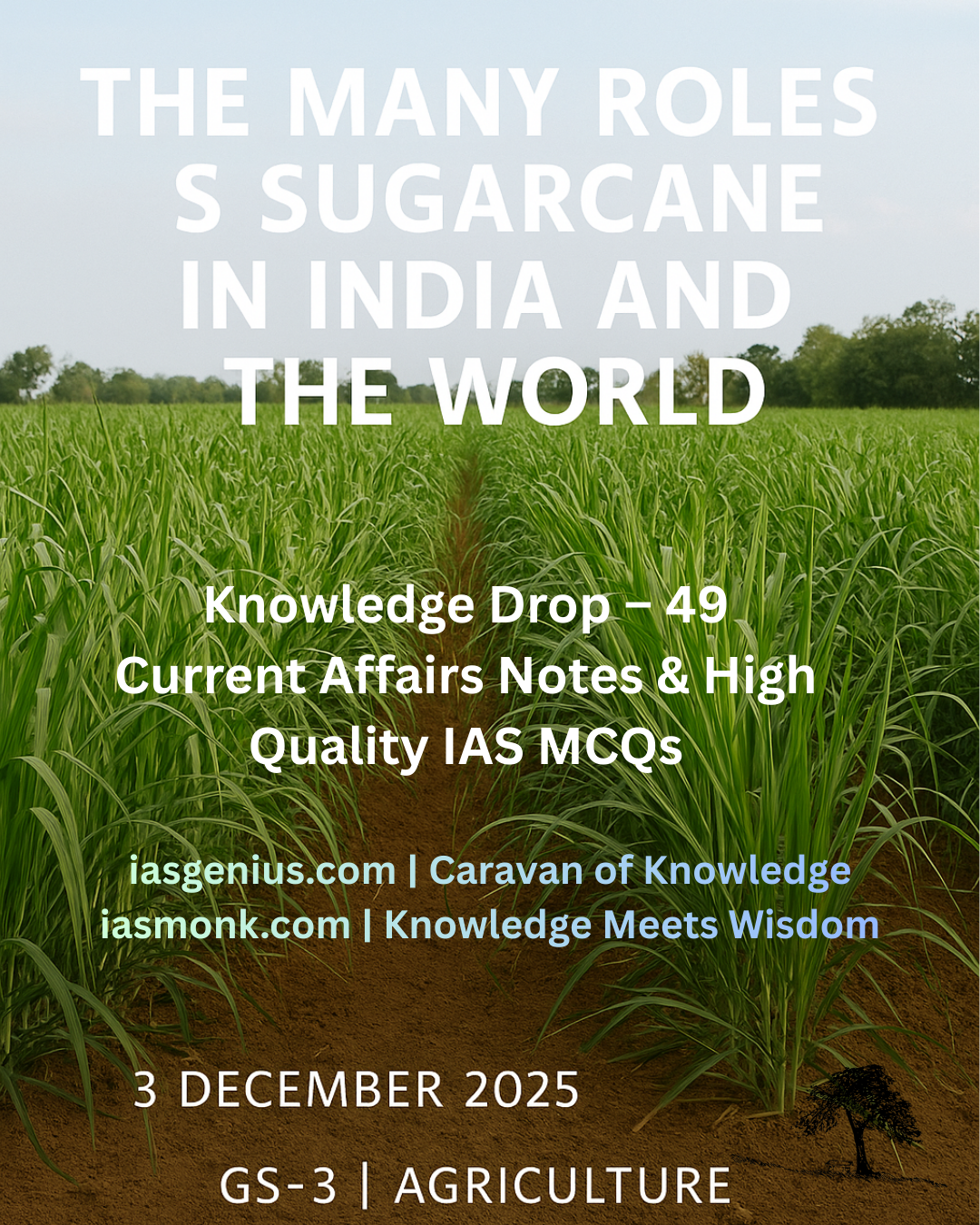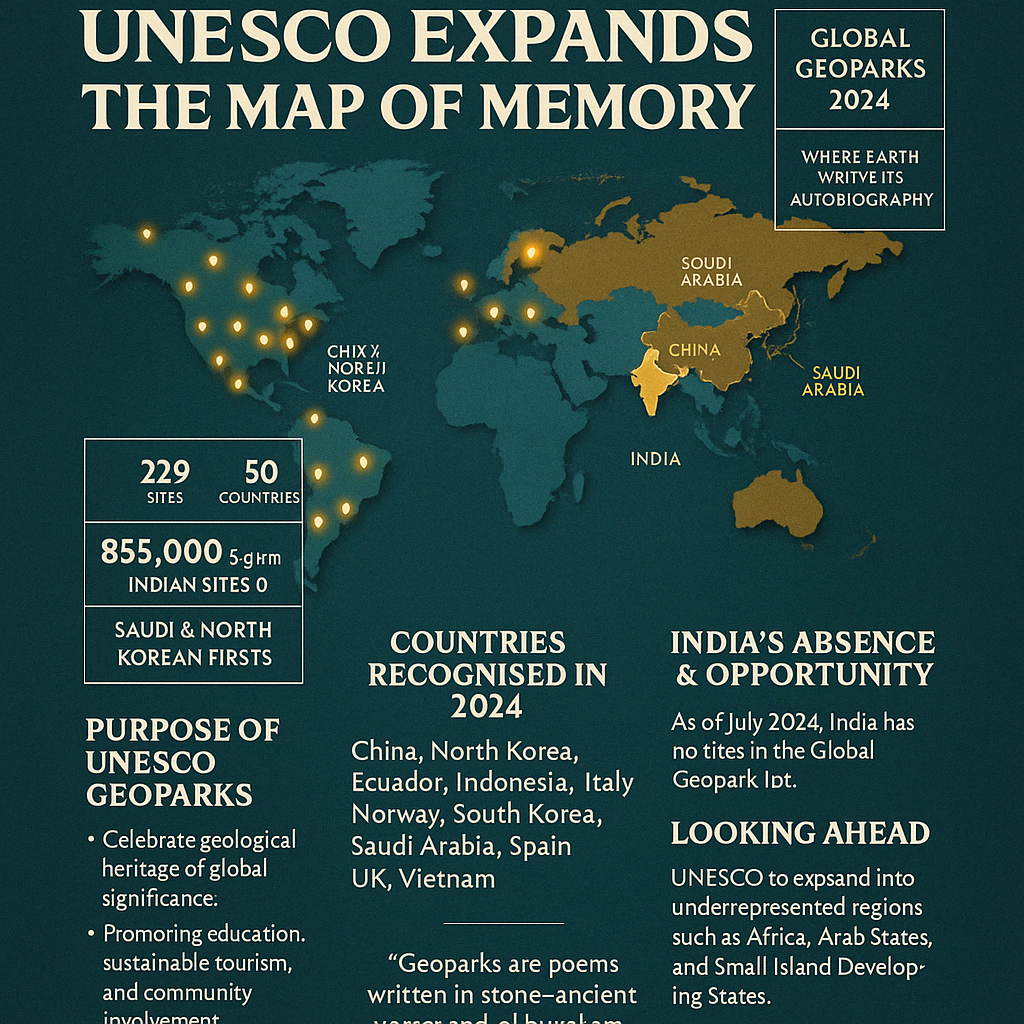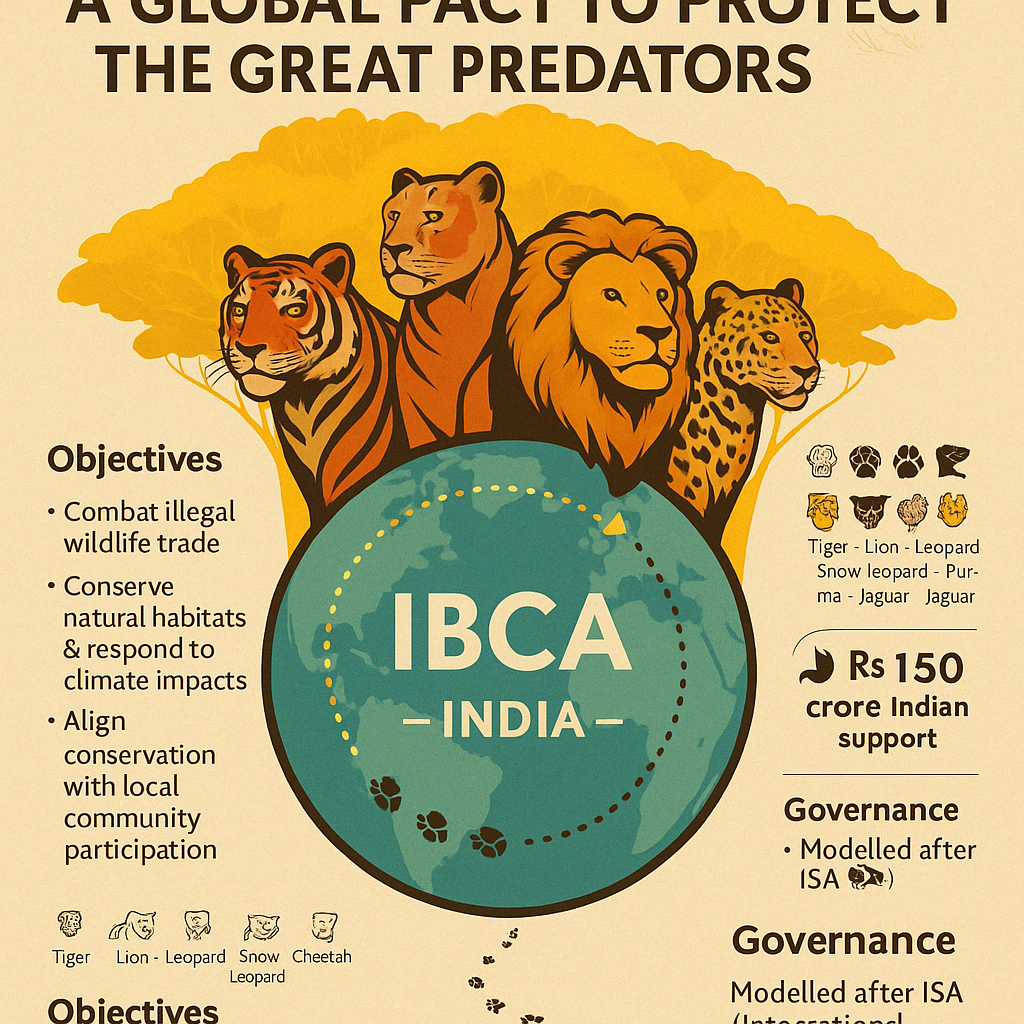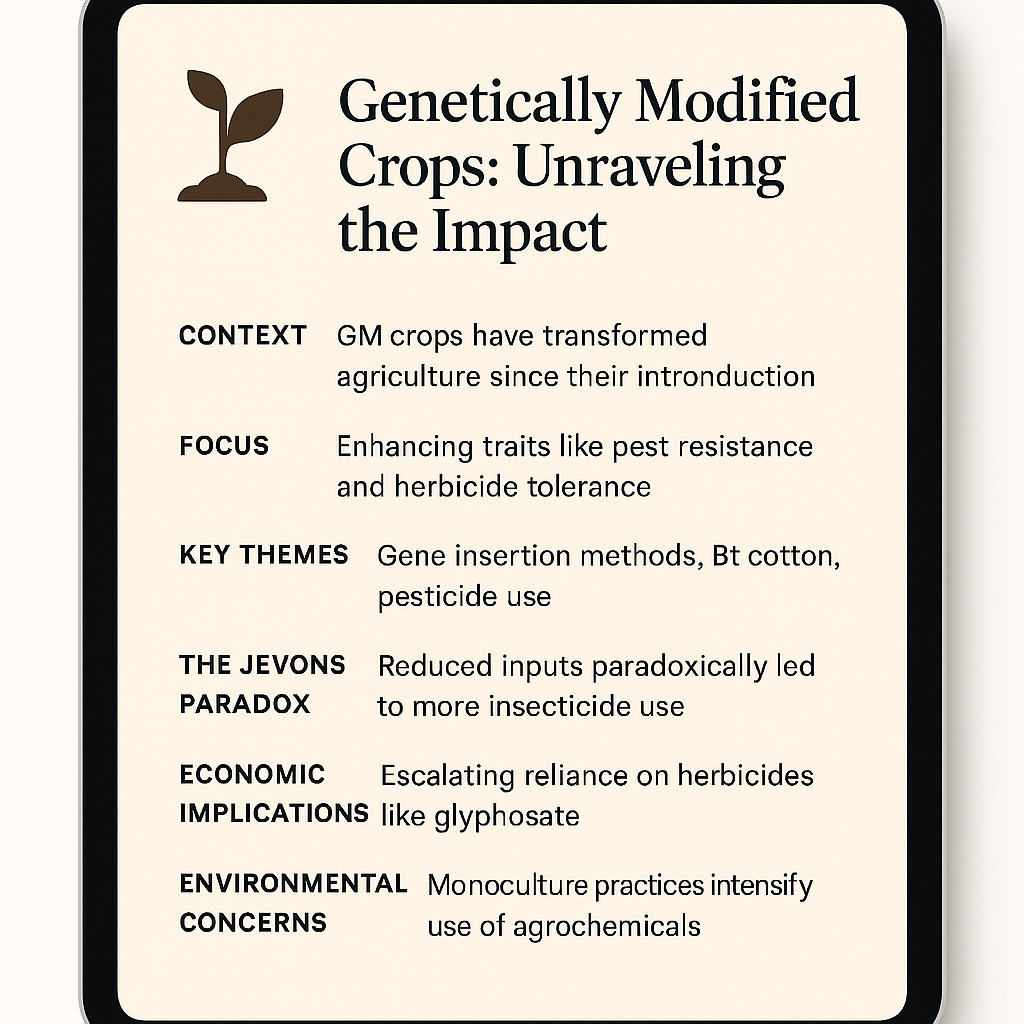
004-Apr 23, 2025: 🌱Genetically Modified Crops: A Double-Edged Revolution
Hero Post 004 | April 23, 2025

Genetically Modified Crops: A Double-Edged Revolution
📅 Context
Genetically Modified (GM) crops, introduced to enhance traits like pest resistance and herbicide tolerance, have brought about a complex and paradoxical transformation in global agriculture.
🔍 Focus
Understanding the scientific development, economic implications, environmental concerns, and the paradoxes associated with GM crops.
📊 Key Themes
- Genetic engineering and methods of gene insertion
- Economic outcomes versus ecological impact
- The Jevons Paradox in GM agriculture
- Global adoption trends and sustainability challenges
🔬 Development of GM Crops
- Gene Gun Approach: DNA-coated metal particles fired into plant cells.
- Agrobacterium Approach: Using Agrobacterium tumefaciens to transfer genes.
- Electroporation: Electric pulses create pores for DNA entry.
- Microinjection: Direct DNA injection into plant cells.
🌱 Key GM Crops in India
- Bt Cotton: Commercially approved in 2002; pest resistance against cotton bollworm.
- Bt Brinjal: Approved in 2009 but faced moratorium; contains ‘cry1Ac’ gene.
- GM Mustard (DMH-11): Under research; utilizes cross-pollination techniques.
👁️ The Jevons Paradox in GM Agriculture
Initially, GM crops like Bt cotton reduced pesticide use. However, pest resistance evolved, leading to higher pesticide applications over time, illustrating the Jevons Paradox—greater efficiency resulting in increased consumption.
💰 Economic Implications
- GM crops intended to reduce costs and labour.
- Glyphosate dependence escalated, especially in soybean farming in the US.
- Emergence of herbicide-resistant weeds complicated cost-saving claims.
🌍 Environmental Concerns
- Dependence on agrochemicals increased instead of reducing.
- Monoculture practices led to biodiversity loss.
- Soil degradation worsened due to intensified chemical inputs.
🌐 Global Trends in GM Crop Adoption
- Widespread adoption in the US and Brazil.
- Regulatory hurdles and public resistance in Europe and parts of Asia.
- Tension between technological advancement and ecological preservation remains.
🧰 GS Paper Mapping
| Paper | Area |
|---|---|
| GS Paper 3 | Biotechnology, Agriculture, Environmental Impact, Sustainable Development |
🌟 Reflection
In the rush to engineer nature’s secrets, humanity must pause and ponder: Progress is not just about what we can modify, but about what we choose to sustain.




